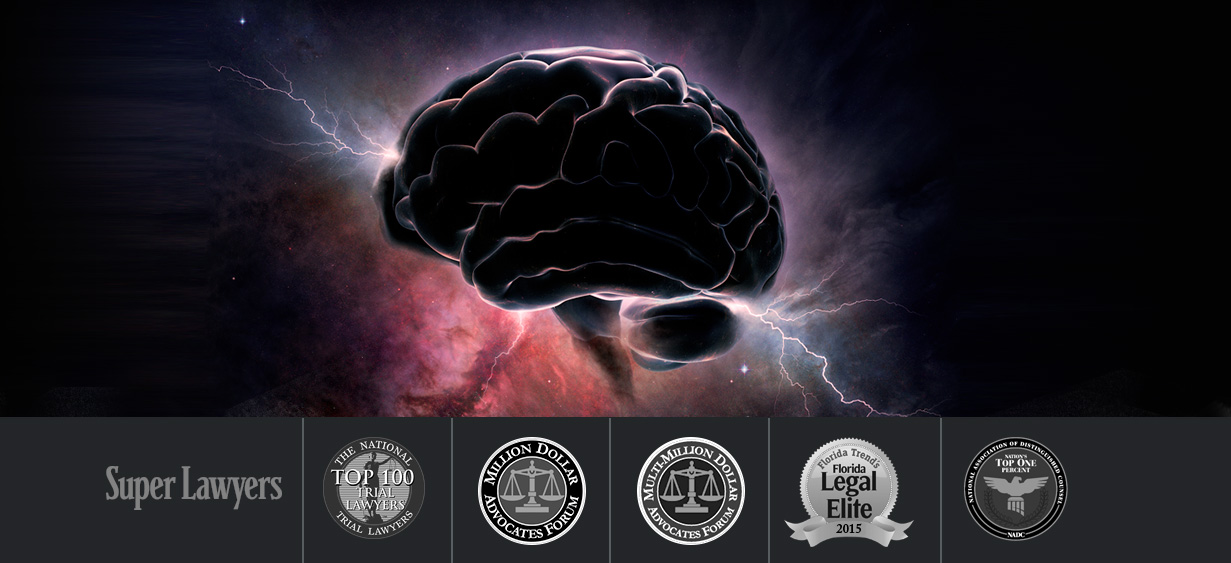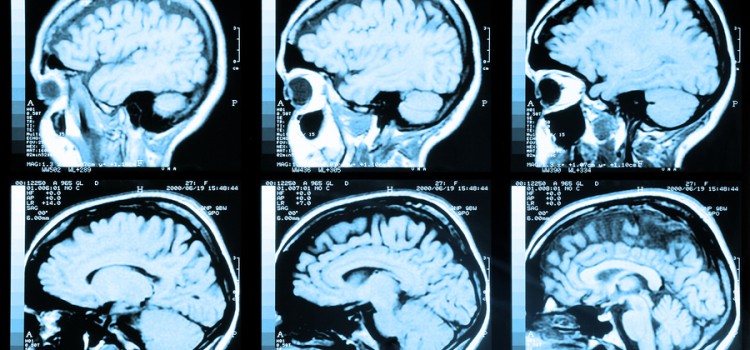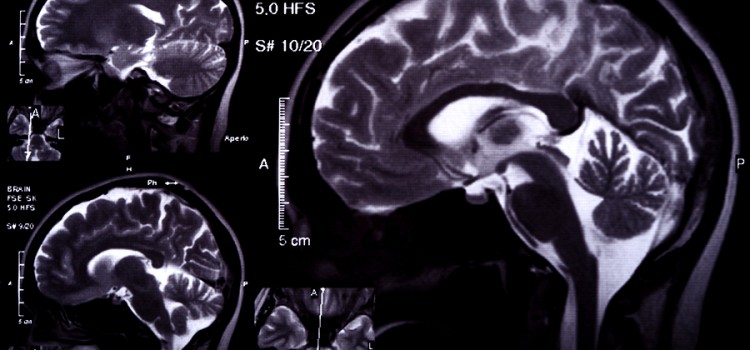The National Institute of Neurological Disorders [1] and Stroke (NINDS) describes Traumatic brain injury (TBI) as a form of acquired brain injury that occurs when a sudden trauma causes damage to the brain. TBI can result when the head suddenly and violently hits an object, or when an object pierces the skull and enters brain tissue. Symptoms of a TBI can be…
The Brain Injury Association[1] of America provides, that brain injury is unpredictable in its consequences as it affects who we are, the way we think, act, and feel. It can change everything about us in a matter of seconds. The most important things to remember: A person with a brain injury is a person first. No two brain injuries are…
Research estimates that 80-85 percent of an individual’s perception, learning, cognition, and activities are mediated through vision. It can be challenging, therefore, for anyone suffering from vision issues[1] after a brain injury. Common Forms of Tampa Bay Vision Problems After TBI In general, 20-40 percent of people with traumatic brain injury (TBI) experience related vision disorders[2]. Some vision-related issues can…
The term “mild brain injury” can be misleading. The term “mild” is used in reference to the severity of the initial physical trauma that caused the injury. It does not indicate the severity of the consequences of the injury. The Centers for Disease Control [1], as part of its Report to Congress on Mild Traumatic Brain Injury in the United States, developed the following…
Every 19 seconds, someone in the United States sustains a traumatic brain injury (TBI). That adds up to 1.7 million people each year. Brain injuries range from mild to moderate to severe. Every injury is different, but when your brain is injured, it can affect everything: your ability to speak, focus, remember, and relate to other people. BrainLine, a national…
Traumatic Brain Injury is caused by an external physical force such as shaking, striking against an object, a fall, or a collision with speed and force according to The Center on Brain Injury Research[1] and Training. The U.S. Department of Health and Human Service Centers for Disease Control and Prevention states that an estimated 1.7 million people sustain a traumatic…
The National Institute of Neurological Disorders [1] and Stroke (NINDS) describes Traumatic brain injury (TBI) as a form of acquired brain injury that occurs when a sudden trauma causes damage to the brain. TBI can result when the head suddenly and violently hits an object, or when an object pierces the skull and enters brain tissue. Symptoms of a TBI can be…
Drunk drivers pose a serious public health risk to other people using Florida roadways. In addition, it is a widespread problem, with the Centers for Disease Control and Prevention (CDC) indicating1 that there are 121 million episodes of self-reported drunk driving reported each year. Drunk drivers are at a significantly increased risk of causing an accident, and the accidents in…
As reported by the Centers for Disease Control and Prevention (CDC), more than 1.7 million people sustain traumatic brain injuries (TBIs) on an annual basis.1 Many of these individuals can incur significant losses due to medical costs, lost earning capacity, pain and suffering, and more. Unfortunately, about 52,000 of those TBI victims each year lose even more—their lives. Brain injuries…
Many individuals who are diagnosed with either moderate or severe traumatic brain injury (TBI) must remain in the hospital in the intensive care unit (ICU). This is especially the case if the TBI victim is in a coma or another state of unconsciousness. Time in the ICU can be stressful, especially since patients in this area are often in critical…
















